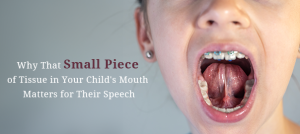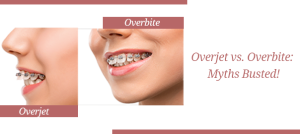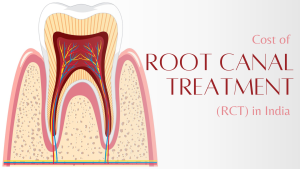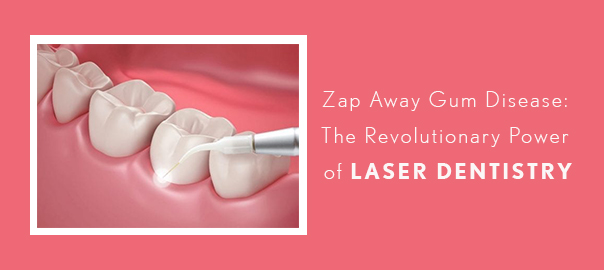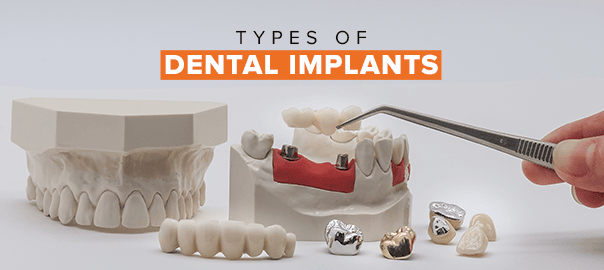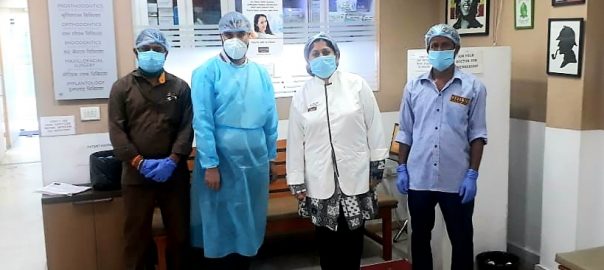Influence Of Varying Sintering Procedures On The Fracture Resistance And Translucency Of Monolithic Zirconia Dental Crowns
The aim of the study was to examine the impact of various sintering methods (long, fast, and high-speed cycles) on the translucency and fracture resistance of monolithic zirconia crowns.
Materials and Methods: Thirty monolithic zirconia crowns were manufactured through a CAD/CAM process using translucent NexxZr zirconia blanks. The crowns were divided into three groups of ten each based on the sintering conditions (temperature and duration). Group I underwent a long sintering cycle of 1510°C for 120 minutes with an overall cycle time of 8 hours. Group II underwent a fast-sintering process at 1540°C for 25 minutes with a total cycle time of 2 hours. Group III underwent high-speed sintering at 1580°C for just 10 minutes, which was the entire firing cycle. The translucency parameter (TP) and contrast ratio (CR) were assessed using a spectrophotometer, and the crowns were subjected to compressive load until fracture using a universal testing machine. One disc sample (10mm diameter x 1mm thickness) was created for each group and analyzed using a scanning electron microscope. The data was then statistically analyzed.
Results: The results showed that the speed of sintering had a significant impact on the means of translucency (TP), contrast ratio (CR), and fracture resistance. The long sintering cycle resulted in the highest mean values for translucency (TP) and the lowest mean values for contrast ratio (CR). The high-speed sintering cycle showed the highest mean values for fracture resistance.
Conclusion: Shortening the sintering cycle significantly reduced the translucency and increased the fracture resistance of monolithic zirconia crowns. Based on the threshold for perception of translucency, the speed sintering cycle can be recommended for the sintering of NexxZr monolithic zirconia crowns.
Leave a Reply
Leave a Reply
POPULAR POST







